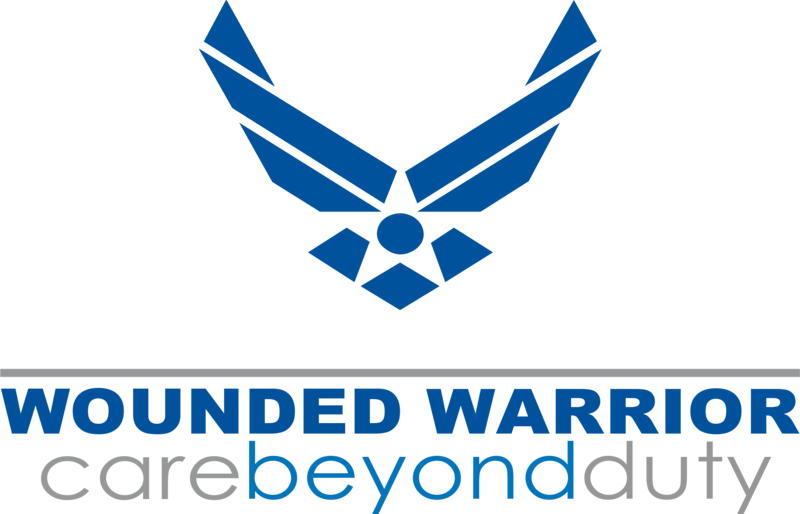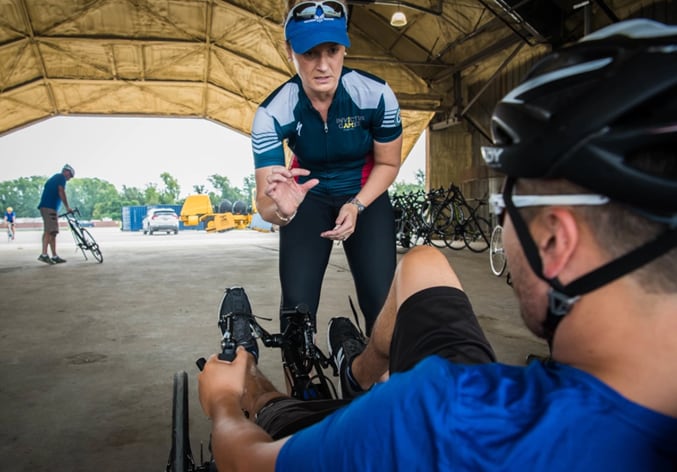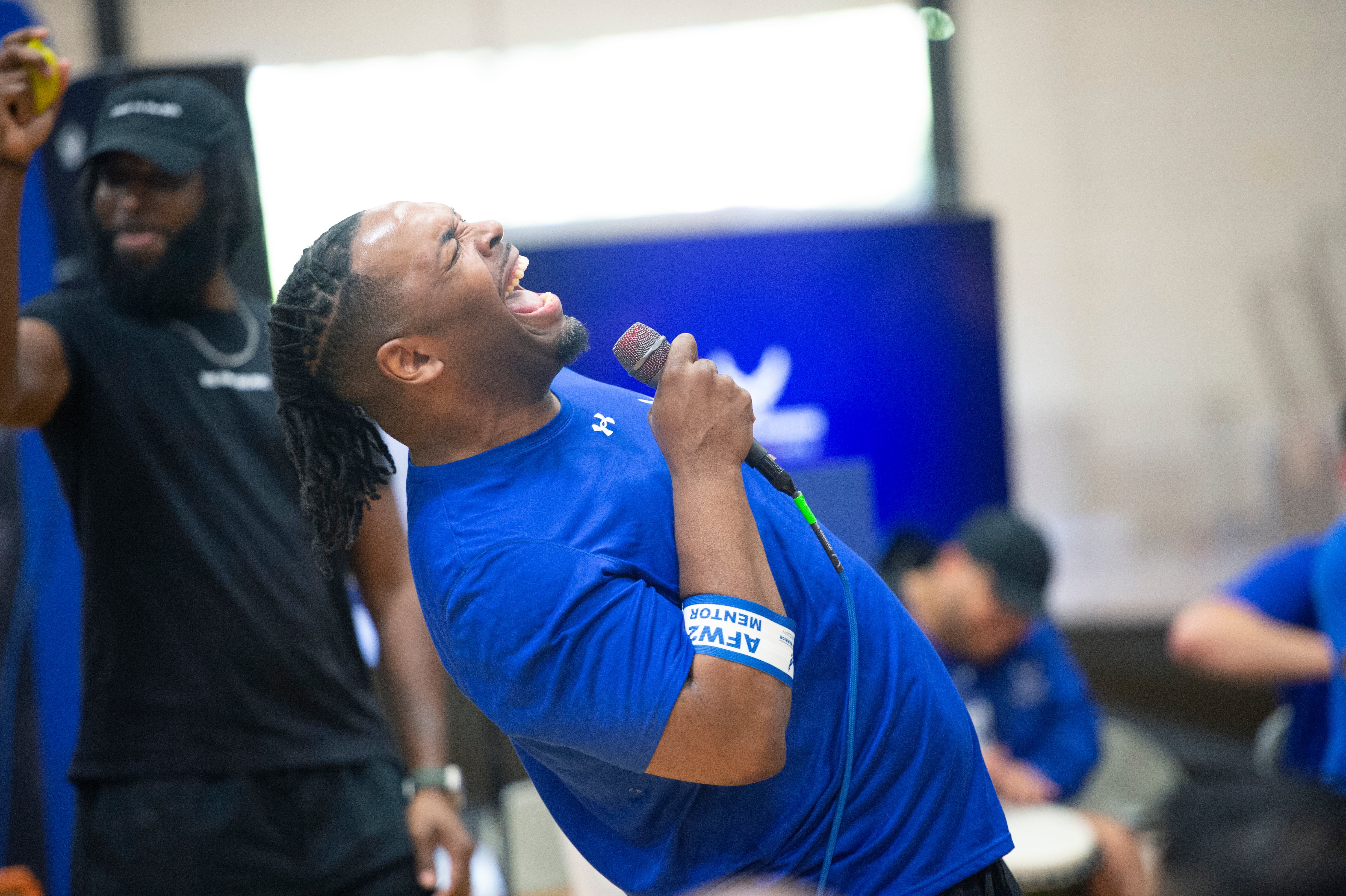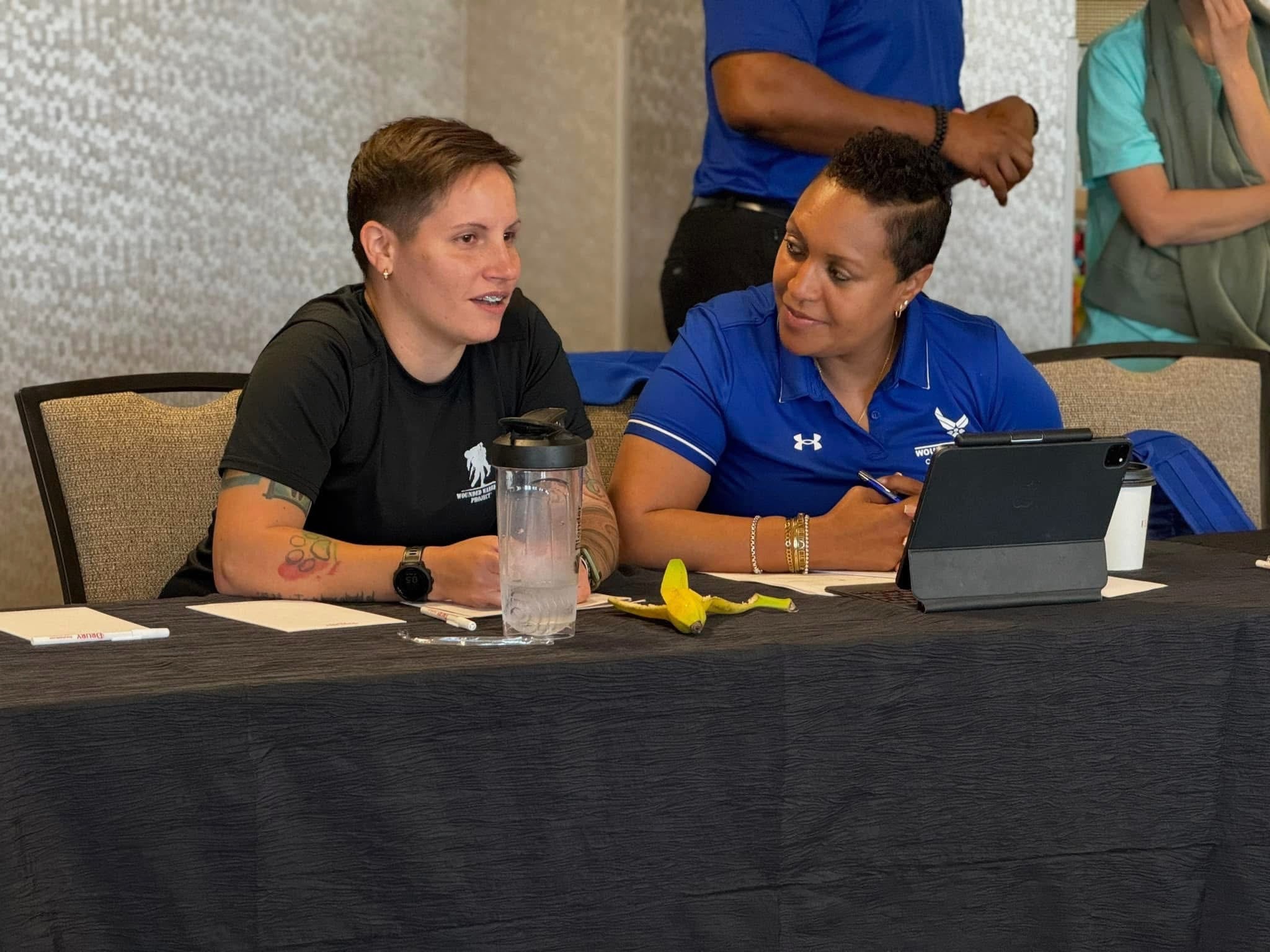By: Ahna Waarvik
The Air Force Wounded Warrior (AFW2) Program is dedicated to supporting Airmen and Guardians as they navigate their journey to physical and mental recovery after they have been seriously ill, injured, or wounded. A major part of the AFW2 support branch, is the adaptive sports support program which provides an avenue for healing, growth, and empowerment. Through various sports tailored to individual abilities, recovering service members are not only rebuilding their physical strength but also rediscovering their sense of purpose, mental resilience and reconnecting with a supportive community.
During AFW2 C.A.R.E. Events, participants learn the basics of adaptive sports and how to use specialized equipment. These events offer a chance to try out different sports, building both skill and confidence. Afterward, participants can continue to develop their skills and, for those interested, pursue competitive opportunities like the DOD Warrior Games and Invictus Games.
Kristen Hench, AFW2 Adaptive Sports Coach, saw first-hand the transformative impact of adaptive sports on recovering service members.
“Growth and transformation are the most rewarding aspects,” she said. “Seeing a recovering service member’s journey from the first day at registration to recovering and witnessing their transformation is the best part of my job.”
Adaptive sports offered by AFW2 provide a range of individual and team sports designed to meet the specific needs of each recovering service member, regardless of their injury or disability. They include shooting, archery, cycling, indoor rowing, swimming, track & field, powerlifting, wheelchair rugby, sitting volleyball, and wheelchair basketball.
“There is ALWAYS a way to move and compete,” Hench emphasized. “I love the challenge of making any sport work for an individual!”
The physical benefits of adaptive sports are obvious, but Hench points out the psychological benefits are just as significant.
“For someone who has suffered an injury, returning to sports introduces new possibilities for achievement and growth,” she explains. “It opens doors that individuals were not previously aware of.”
Many recovering service members struggle with feelings of isolation or loss of identity after their injuries, but adaptive sports help them regain confidence and mental resilience. By focusing on what they can do rather than what they can’t, recovering service members are able to shift their mindset and see their abilities in a new light.
Camaraderie is also a crucial aspect of recovery. AFW2 encourages service members to build relationships with others who share similar experiences. Team dynamics of adaptive sports help participants rebuild connections and restore a sense of belonging.
“When someone experiences an injury, they may feel disconnected from that team dynamic,” Hench says. “Adaptive sports allow them to rebuild those relationships.”
As recovering service members push their limits and take on new challenges, they build confidence that extends into their personal lives. Senior Master Sgt. (ret) Jon Geren, AFW2 wounded warrior enrolled in 2020, credits adaptive sports with playing a key role in his journey to recovery.
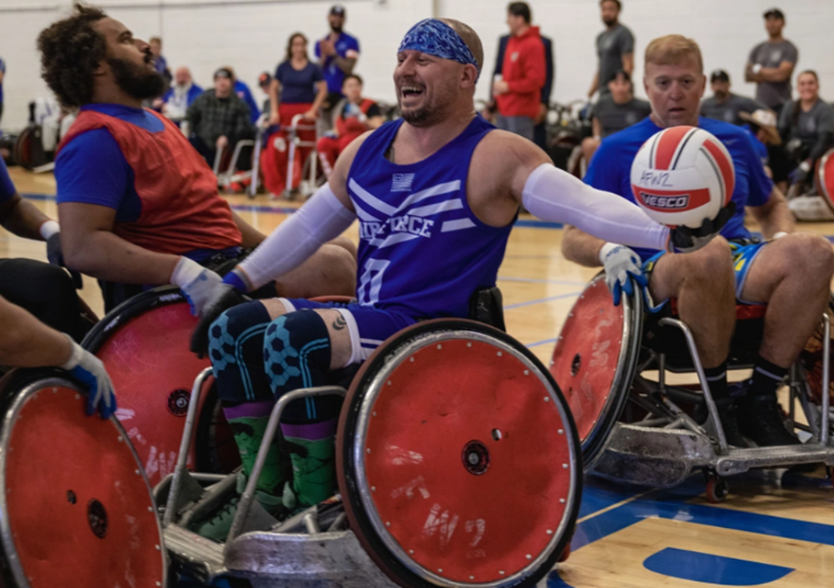
“It brought out my competitive nature and made me feel part of a team again,” Geren says. “It gave me focus, with encouragement from my coaches, to create new habits and routines. What I didn’t realize was the positive impact it would have on me physically as well as mentally. I found joy in things again, got in better shape, and became a better person. As cliché as it sounds, getting introduced to adaptive sports probably saved my life.”
Geren took that newfound purpose and led Team Air Force to the 2024 DOD Warrior Games and is representing the United States as part of Team US at the 2025 Invictus Games in Canada.
For wounded warriors who may hesitate to try adaptive sports, Hench offers this advice: “Just try it!”
The adaptive sports community is known for its welcoming and supportive atmosphere, making it easy for newcomers to get involved. Hench encourages recovering service members to take the first step and seek out resources and people who can help them along the way.
Ultimately, adaptive sports help recovering service members rebuild not just their physical strength, but also their sense of purpose and connection to the military community. These activities allow participants to rediscover what they’re capable of, break through emotional and physical barriers, and inspire others to keep moving forward.
SMSgt (Ret) Jon Geren celebrates after scoring during Wheelchair Rugby game during the 2024 Northeast Warrior C.A.R.E. Event. Photo by Airman 1st Class Daniel Walderbach of the 316th Wing at Joint Base Andrews.
Kristen Hench, AFW2 Adaptive Sports coach works with a recovering service member on the basics of cycling during the 2019 North Central Warrior C.A.R.E. Event at Scott Air Force Base. Photo by Airman 1st Class Nathaniel Hudson of the 375th Air Mobility Wing.
